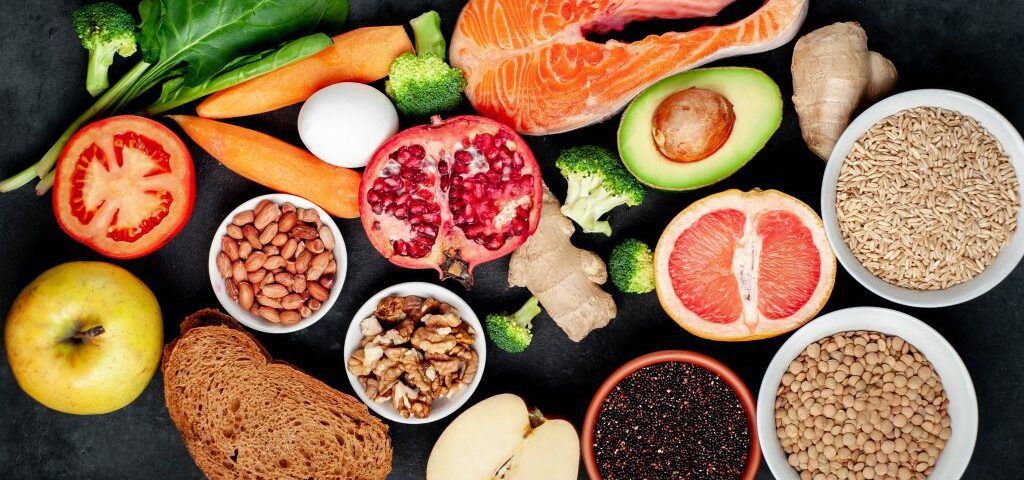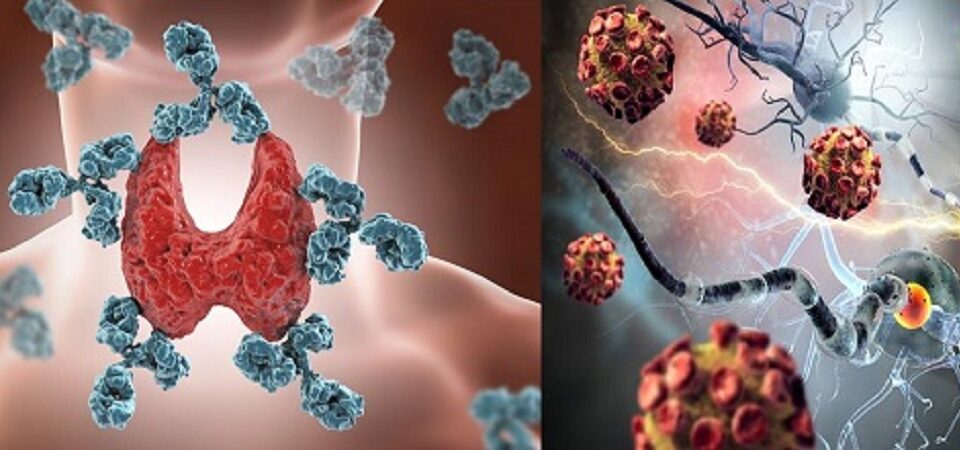
EFFORTS FOR THE DEVELOPMENT OF NOVEL VACCINE AGAINST CORONA VIRUS
August 5, 2020
Researchers Suspects children to be Potential Drivers of SARS-CoV-2 Spread in GENERAL Population
August 24, 2020Hypertension is the leading risk factor globally for heart attacks, strokes, cardiovascular disease and several other serious and life threatening health conditions.
Hypertension is commonly referred to as” high blood pressure”. It is a common health condition in which the force exerted on the walls of arteries by the blood consistently exceeds the normal ranges.
There are two types of hypertension, primary hypertension and secondary hypertension.
Primary hypertension tends to develop gradually over years and is idiopathic (i.e. it arises spontaneously without a known cause).
Secondary hypertension on the other hand may develop more rapidly, and may result from a known cause e.g. it may develop as a consequence of kidney disease, thyroid disease, pregnancy, congenital birth defects, or by the use of medications etc.
It is important to know that many people with hypertension remain asymptomatic and therefore remain undiagnosed.
Some symptoms may include, head ache, shortness of breath, nose bleeds, dizziness etc.
Over the time constant elevation of blood pressure can damage the blood vessels causing them to become thickened , weakened, narrowed or torned, which would eventually affect and damage organs, such as eyes, kidneys, heart, brain etc.as their blood supply is compromised.
Some risk factors for developing hypertension are:
Family history, old age, chronic kidney disease, diabetes, poor diet intake, lack of exercise, tobacco use, alcohol abuse, stress etc.
Hypertension can lead to serious and life threatening health conditions such as, myocardial infarction (damage to heart muscles due to lack of oxygen supply), stroke (paralysis), kidney disease, vision loss, vascular dementia (memory loss) etc.
Luckily, hypertension can be controlled by giving proper and effective treatment, and through life style modifications such as, regular exercise, healthy diet intake, managing stress, abstaining from tobacco and alcohol use etc.
According to a new research from University of Warwick, consuming a plant- based diet can be helpful in achieving better control of blood pressure, even if small amount of meat and dairy are consumed along with it.
Scientists from the University of Warwick argue that any effort to increase plant-based foods in diet and limit animal products is likely to benefit in control of blood pressure, and so could be helpful in reducing risk of heart attacks, strokes, cardiovascular disease, death and disability.
Plant- based diets support high consumptions of fruits, vegetables, whole grains, legumes, nuts, and seeds, limiting the consumption of most or all animal products (mainly meat and dairy).
Researchers reviewed 41 studies involving 8,416 participants, in which the effects of seven different plant-based diets (including DASH, Mediterranean, vegetarian, vegan, Nordic, high fiber and high fruit and vegetable diets) on blood pressure were studied in clinical trials.
[Details of seven plant based diets are:
Healthy Nordic diet: Higher content of plant foods, fish, egg, and vegetable fat, and lower content of meat products, dairy products, sweets, desserts, and alcohol beverages.
High fruit and vegetable diet: included increased consumptions of fruits and vegetables and some studies included regular dark chocolate content as well.
High fiber diet: Most high fiber diets focus on increasing whole grain and legume consumption.
Lacto-ovo vegetarian diet: This diet exclude consumption of all meat, poultry, and fish but still include consumption of dairy and eggs. However main components include fruits, vegetables, whole grains, legumes, nuts and seeds.
DASH diet: Encourages the consumption of fruits, vegetables, whole grains, nuts and seeds, and low-fat dairy products and limits intake of sweets, saturated fats, and sodium.
Mediterranean diet: Focuses on daily consumption of vegetables, fruits, whole grains, olive oil, and weekly consumption of legumes, nuts, fish, dairy and eggs, and limited intake of meat.
Vegan diet: It is mostly low-fat diet and focuses on consumption of whole plant food i.e. fruits, vegetables, whole grains, legumes, nuts, and seeds exclusively. No animal flesh or other animal-derived products (including dairy and eggs) are included.]
A systemic review and meta-analysis of these studies showed that most of these diets proved to be helpful in lowering the blood pressure among the participants who took part in the studies.
Scientists comment that these studies indicate that complete eradication of animal products is not necessary to produce reductions and improvements in blood pressure, essentially any shift towards a plant-based diet would help significantly in blood pressure control.
Scientists also expects that adoption of plant-based dietary patterns by masses would also play a role in global food sustainability and security, it would also contribute to a reduction in land use due to human activities, to global water conservation and to a significant reduction in global greenhouse gas emission.
REFERENCE:
Plant-based diets shown to lower blood pressure even with limited meat and dairy
http://www.sciencedaily.com/releases/2020/07/200724191441.htm






